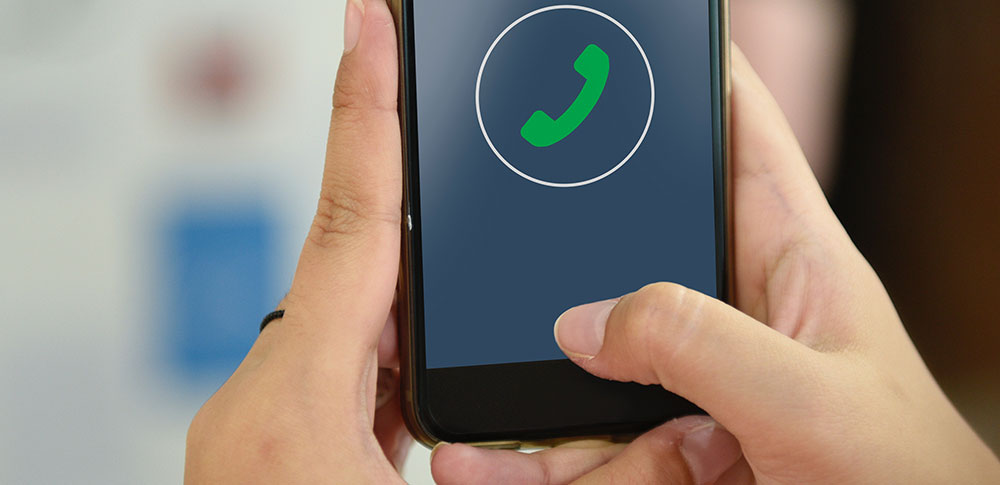It was a Saturday afternoon about 12.25pm when I answered a mobile telephone call. The caller was a known GP client. However, today her voice was somewhat distraught. The source of this distress soon became clear. On Friday evening she returned home to an answerphone message, asking her to call a telephone number regarding a tax matter.
The GP duly called the number and was greeted by a forceful male who advised her, “you have violated the tax laws and have an outstanding tax bill of £2,999 from 2012. You are required to make payment within 45 minutes and do not disconnect this call, otherwise the police will call at your home to obtain payment and seize your bank account.” Despite several attempts by the GP to interject, the forceful male would not relent.
When the GP suggested that she would pay via the usual HM Revenue & Customs (HMRC) online portal, the male voice told her, “this was not possible and payment must be made via a bill payment voucher.”
It was at this juncture whilst listening to his tirade that she called me from her mobile telephone. I interrupted her tale of woe and advised her to hang up and told her that this was a scam. Surprisingly, she was oblivious to these scams. However, the threatening experience of the scammer had left the GP traumatised. Her experience was just a few days after the courts had sentenced eight fraudsters for a similar telephone scam against elderly people.
To reassure her I checked her income tax position on our HMRC portal followed by a quick call to the HMRC Self-Assessment team. Unsurprisingly, both checks confirmed, she did not have any income tax arrears.
Unfortunately, Action Fraud, our ally in fraud prevention and detection, were unavailable until Monday 9:00am. Perhaps, they presume fraudsters only work weekdays, 9:00am – 5:00pm. Further investigation into the telephone number that was left, revealed a catalogue of similar tales had been reported.
On reflection, perhaps a GP should have known better. Why? With a father just recovering from a heart attack and a niece recently diagnosed with cancer, it is easy to see how preoccupation with life’s challenges knocked the GP off her guard.
Sad as this tale is, plus the recent jailing of eight fraudsters, these fraudulent practices are becoming increasingly common behaviour. For the benefit of readers, I will break with protocol and share the scammers’ telephone number, 0203 129 2543. Any calls from this number should not be returned but reported to Action Fraud, 0300 123 2040.
It should be noted that HMRC will never:
- demand payment within 45mins or any such ridiculous time
- use terms such as ‘violation of tax laws’
- suggest the police will attend your home
- tell you not to disconnect their call.
Furthermore, for anyone yet to receive the selection of fake HMRC emails, they should be aware that HMRC emails will never:
- notify you of a tax rebate
- offer you a repayment
- ask you to disclose personal information such as your full address, postcode, Unique Taxpayer Reference or details of your bank account
- give a non HMRC personal email address to send a response to
- ask for financial information such as specific figures or tax computations, unless you’ve given them prior consent and you have formally accepted the risks
- have attachments, unless you have given prior consent and you have formally accepted the risks
- provide a link to a secure log-in page or a form asking for information – instead they will ask you to log on to your online account to check for information.
As a simple word of warning, never disclose any personal or financial information to any caller for any reason or make any payment to any caller unless you are 100% certain of their identity.

